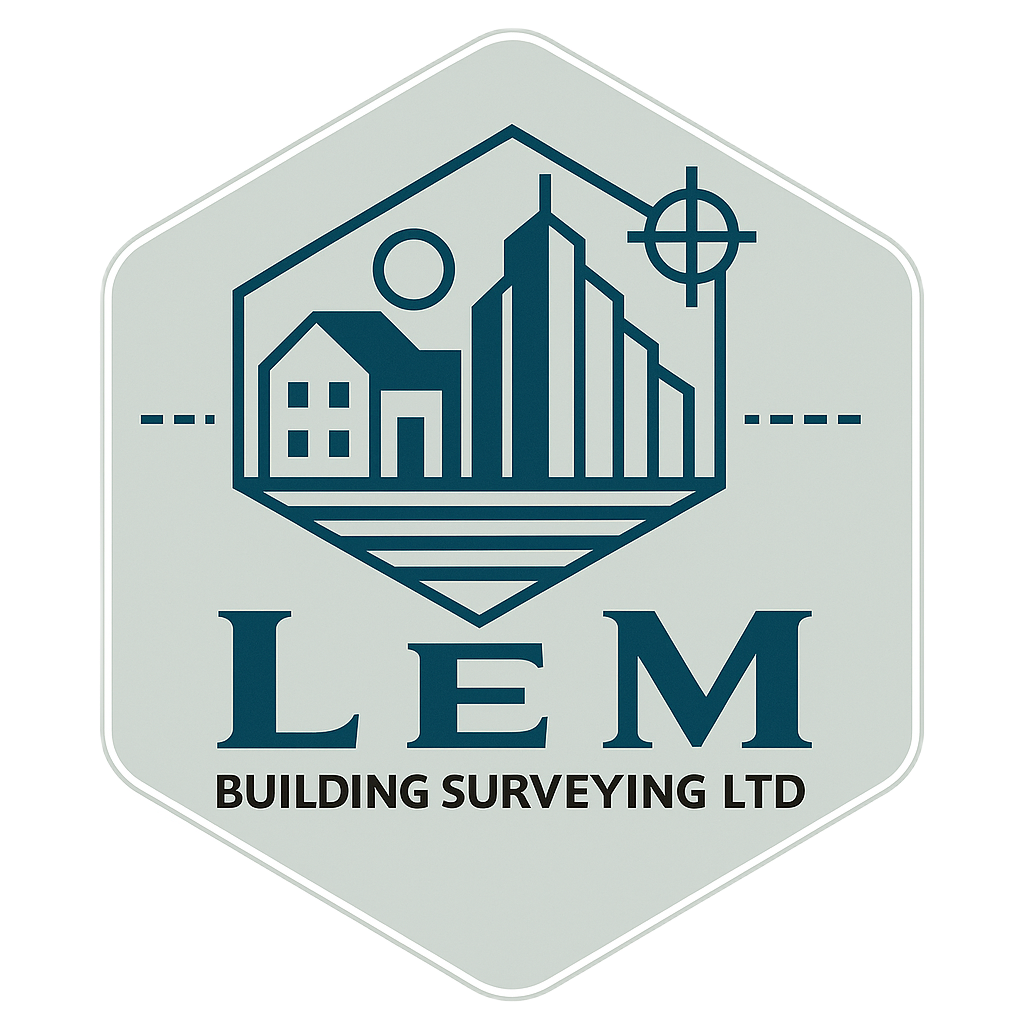Understanding RICS Home Surveys: A Guide
Buying a home is a significant investment, and understanding its true condition is crucial. RICS Home Surveys are formal assessments carried out by qualified surveyors to give you a clear picture of a property’s state. They help buyers and investors make informed decisions and avoid costly surprises【875757573618589†screenshot】. This guide explores the different RICS survey levels, why they matter and how to choose the right one for your needs.
What Are RICS Home Surveys?
RICS Home Surveys are professional inspections conducted by surveyors accredited by the Royal Institution of Chartered Surveyors (RICS). Each type of survey offers a different depth of investigation, but they all involve a thorough inspection, identification of potential defects and recommendations for repairs or maintenance【151469298817208†screenshot】. The findings are compiled into a property condition report that provides a reliable overview of the building’s current state.
Why RICS Home Surveys Are Important
A RICS survey uncovers hidden issues that might not be obvious during a viewing. It offers an accurate condition report, supports price negotiations and assists with mortgage or insurance applications【531144503548743†screenshot】. Knowing the property’s true condition also gives you peace of mind and reduces the risk of unexpected repairs.
Surveys performed to RICS standards provide a level of trust and consistency that basic visual inspections cannot match. They should be considered an essential part of due diligence when purchasing any home.
Types of RICS Home Survey
There are three levels of RICS Home Survey designed for different property types and buyer requirements:
Condition Report (Level 1)
The Level 1 Condition Report provides a straightforward overview of a newer or well‑maintained property. It highlights major defects without giving advice or a valuation. The survey uses a traffic light system: green means no repairs are needed, amber indicates issues that require attention and red signals serious problems【748191632198102†screenshot】. This report suits buyers who want a quick check on a property’s general state.
HomeBuyer Report (Level 2)
The Level 2 HomeBuyer Report offers more detail than a Condition Report. It identifies visible defects and issues requiring repairs, provides advice on future maintenance and often includes a market valuation【159398339285138†screenshot】. Condition ratings classify defects by urgency. This survey is ideal for conventional homes in reasonable condition and helps buyers negotiate on price.
Building Survey (Level 3)
The Level 3 Building Survey is the most comprehensive option. It assesses every accessible part of the property in detail and is recommended for older, altered or unique homes【159398339285138†screenshot】. The report examines structural concerns and prioritises repairs, highlighting major defects, minor defects and maintenance requirements. While it usually excludes a market valuation, it offers the most in‑depth information to safeguard your investment.
Choosing the Right Survey
Selecting the appropriate survey depends on the age, condition and complexity of the property. As a rule of thumb, choose a Condition Report for newer homes, a HomeBuyer Report for conventional properties in reasonable condition and a Building Survey for older, altered or distinctive buildings【547933008498458†screenshot】. Discussing your concerns with a RICS surveyor will help tailor the inspection to your needs.
The RICS Survey Process
A typical RICS survey involves three stages: an initial consultation to discuss your needs, an on‑site inspection of the property and a written report summarising the findings【547933008498458†screenshot】. Surveyors communicate clearly throughout the process and will explain any issues in plain language so you understand the implications.
Benefits of a RICS Home Survey
Opting for a RICS Home Survey gives you several advantages: it identifies defects that could impact safety or resale value, provides insights to help negotiate the purchase price and offers peace of mind about the property’s condition【796094295192225†screenshot】. In many cases, buyers save money by uncovering issues early or by avoiding a problematic purchase altogether.
Conclusion
RICS Home Surveys are a vital tool for homebuyers and property owners. By understanding the different levels and choosing the right survey, you can make confident, informed decisions. If you’re buying in Cheshire, Flintshire or Wrexham, our AssocRICS surveyor can help you select and carry out the appropriate survey. Explore our Level 1, Level 2 and Level 3 services to learn more, or call 07378 732037 to discuss your options.
